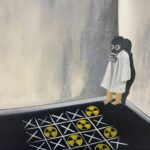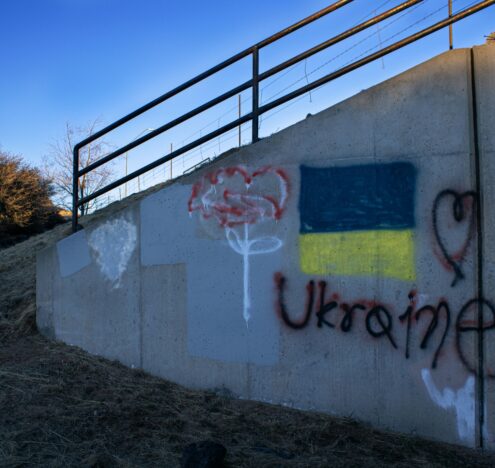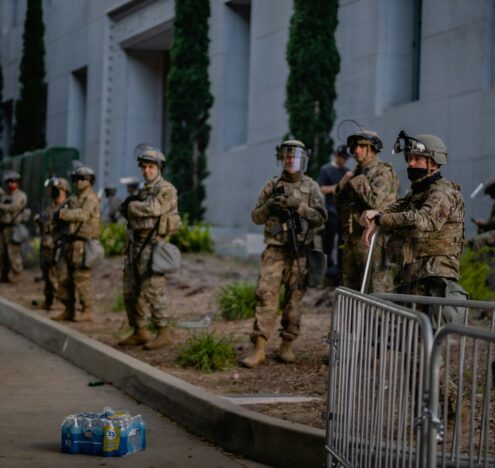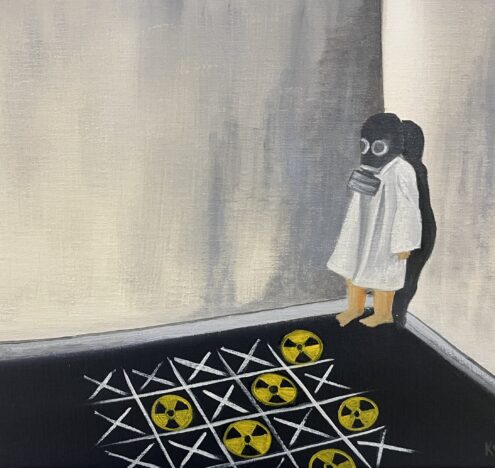On Saturday, October 26, Georgia held parliamentary elections marked by security tensions and growing concerns of pro-Russian interference. The ruling Georgian Dream party claimed a broad victory with around 54.2% of the vote, according to the Central Election Commission (CEC). Though the party initially presented itself as pro-EU in 2012 to facilitate its election, it has gradually adopted a more pro-Russia stance over the years. Georgian Dream is currently led by Prime Minister Irakli Kobakhidze.
Situated at the strategic crossroads between Europe and Asia, this former Soviet republic occupies a key position in the Caucasus. Since its independence in 1991, Georgia has navigated between its pro-Western aspirations — namely, its desire to join the European Union and NATO — and pressures from its northern neighbor, Russia.
Following the elections, international observers and the opposition reported significant electoral fraud and dozens of violent incidents across the country. President Salomé Zourabichvili, a staunch opponent of Georgian Dream despite holding limited executive and diplomatic power, condemned what she sees as Moscow’s attempt to tighten its grip on the Caucasus.
Massive protests erupted in Tbilisi, where thousands of Georgians demanded transparency. The memory of the 2008 Russo-Georgian war remains fresh, a conflict that led to Russia’s occupation of South Ossetia and Abkhazia. Moscow continues to control these regions and maintains a military presence there, fueling ongoing tensions with the Georgian people, who still consider these areas integral parts of their sovereign territory.
In front of the massive Georgian parliament on Monday night, Ala Melkoni was one of the many demonstrators who gathered. With a European flag draped over her shoulders, this 22-year-old student refuses to acknowledge the parliamentary election results. In her final year at Tbilisi University, Ala had exams at 8 a.m. the following day: “We’re used to this in Georgia: we study by day and protest by night!”
Standing on a wooden platform before the imposing Georgian parliament, the President spoke with a somber expression: “You won these elections; no one has the right to take away your European future,” Zourabichvili said. At the end of her speech, Beethoven’s Ode to Joy — the EU anthem — played symbolically over the loudspeakers on Rustaveli Avenue.
























